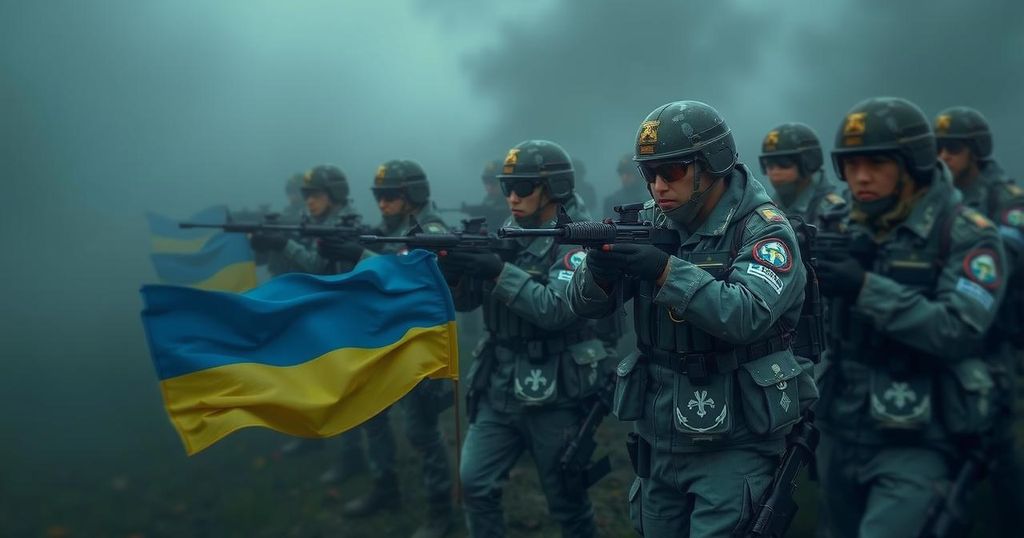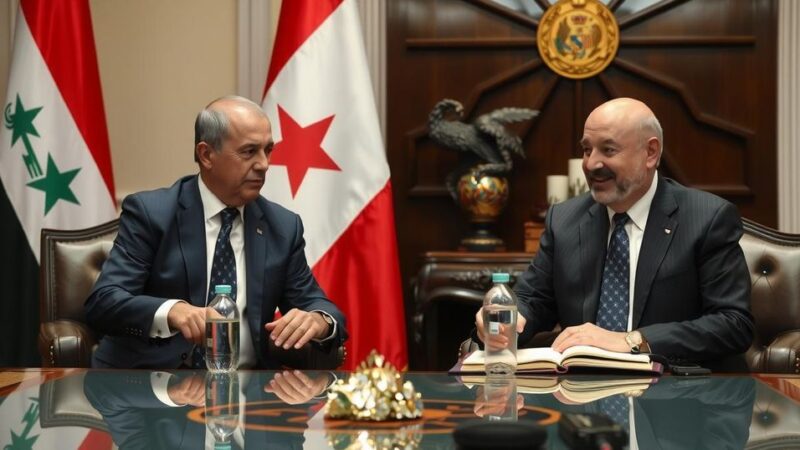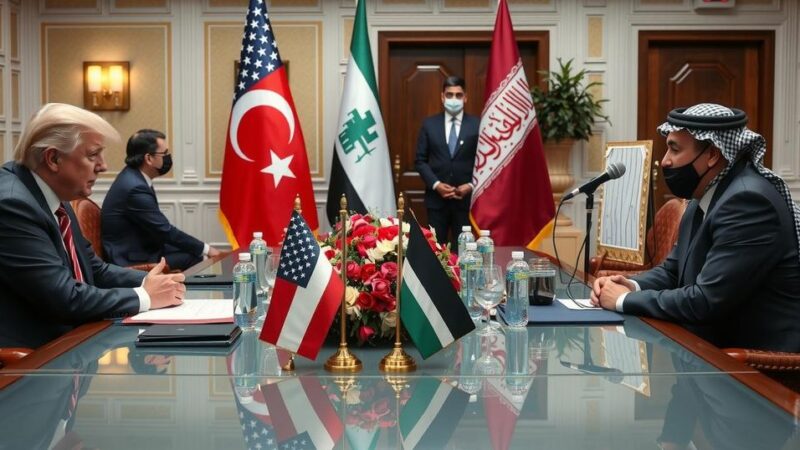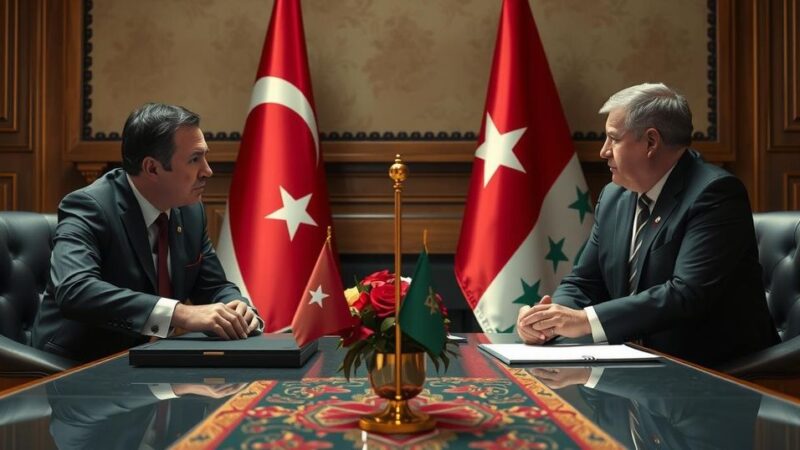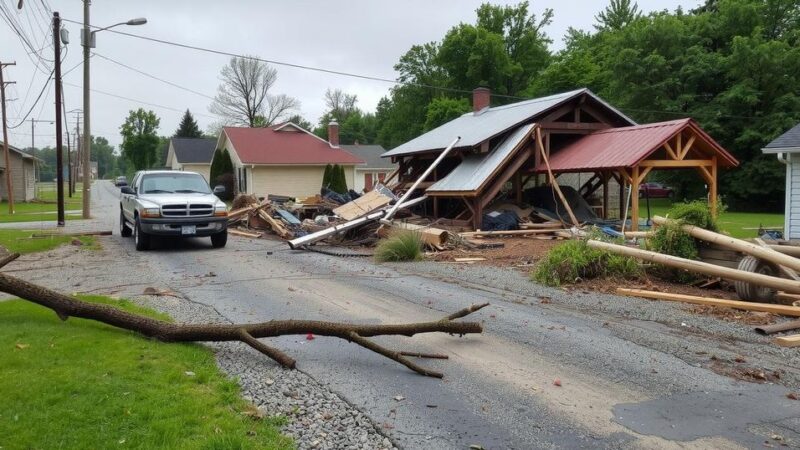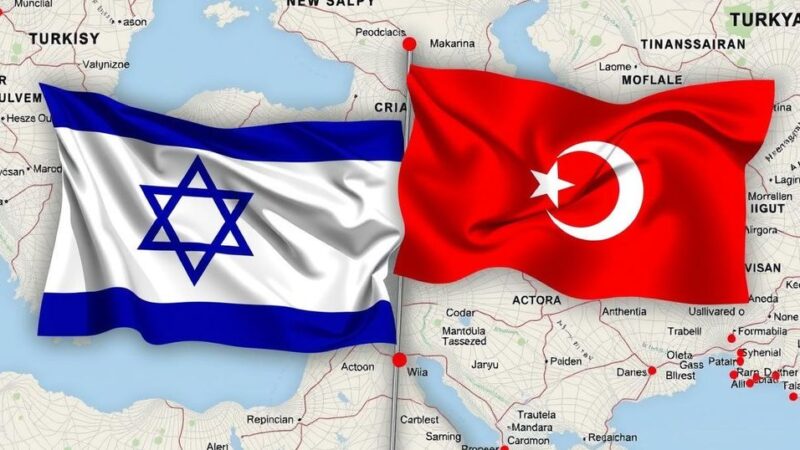North Korean troops are reportedly supporting Russian military efforts in Ukraine, with potential numbers varying from 11,000 to 100,000. Despite their large military size, North Korea’s lack of combat experience raises questions about effectiveness. However, elite units may fulfill critical roles while financial and technological benefits motivate the alliance. The situation escalates regional tensions, particularly for South Korea, amid concerns of North Korea gaining military capabilities through this partnership.
Emerging reports since October indicate that North Korean troops may be supporting Russia’s military efforts in Ukraine; however, the specific nature of their involvement remains unclear. Initial assessments suggested these forces would fulfill non-combat roles due to their lack of battlefield experience. Contrary to this, intelligence from U.S. and Ukrainian sources suggests that North Korean soldiers have engaged directly in combat. Estimates of troop numbers have also varied significantly, from the Pentagon’s original figure of approximately 11,000 to suggestions that as many as 100,000 may be deployed. Understanding the effectiveness of North Korean troops in this context is complex. Despite possessing one of the largest militaries with 1.28 million active personnel, the Korean People’s Army has not participated in significant combat operations in recent years. Mark Cancian of the Centre for Strategic and International Studies notes that while the North Korean military is indoctrinated, it lacks operational readiness. Moreover, intelligence reports reveal that many troops dispatched to support Russia hail from the elite 11th Corps, which specializes in clandestine operations and high-risk engagements. Training and adaptation in combat roles appear to be taking place, as evidenced by social media posts showcasing North Koreans engaging in military training within Russian facilities. With the ongoing attrition of Russian forces, North Korean troops may eventually become an integral part of Russia’s military strategy in Ukraine, particularly as they are purportedly more prepared than newly recruited Russian soldiers who often face deployment without adequate training. North Korea’s motivations for this partnership appear to stem from an urgent need for hard currency and military technology. A report by Andrei Lankov highlights the potential earnings of $2,000 per month per deployed soldier, which could significantly bolster the North’s state finances. Simultaneously, Pyongyang may gain access to advanced military technology that it would otherwise struggle to acquire. The mutual necessity for manpower underscores the burgeoning synergy between the two nations as Russia battles substantial troop losses in its ongoing conflict. Geopolitical tensions between North and South Korea have escalated concurrently, exacerbating concerns in Seoul regarding North Korea’s military procurements and operational experiences gained from engagement in Ukraine. South Korea remains wary of the ramifications such developments could pose; with South Korean military leadership expressing particular apprehension about North Korea enhancing its offensive capabilities while pursuing aggressive stances in regional relations. The prospect of North Korean soldiers gaining crucial combat experience on the battlefield poses additional security challenges for South Korea, raising significant strategic implications for the Korean Peninsula as a whole.
The involvement of North Korean troops in Ukraine has surfaced amid ongoing hostilities between Russia and Ukraine. Initial reporting indicated a possible presence of North Korean soldiers supporting Russian military operations, eliciting questions about their combat efficacy and the motivations driving their deployment. As the situation evolves, the ramifications of North Korea’s potential military involvement underscore broader geopolitical tensions, particularly in relation to South Korea’s security concerns and North Korea’s strategic goals.
In conclusion, North Korean forces have become a notable factor in the ongoing conflict in Ukraine, potentially altering the dynamics of Russia’s military strategy. While estimates of their number and effectiveness vary, the elite training of certain contingents could offer strategic advantages to Russia. Furthermore, North Korea’s involvement appears motivated by financial incentives and the acquisition of military technology. Tensions in the Korean Peninsula have escalated, with South Korea concerned about the implications of North Korea’s enhanced military capabilities as the conflict progresses.
Original Source: www.bbc.com

